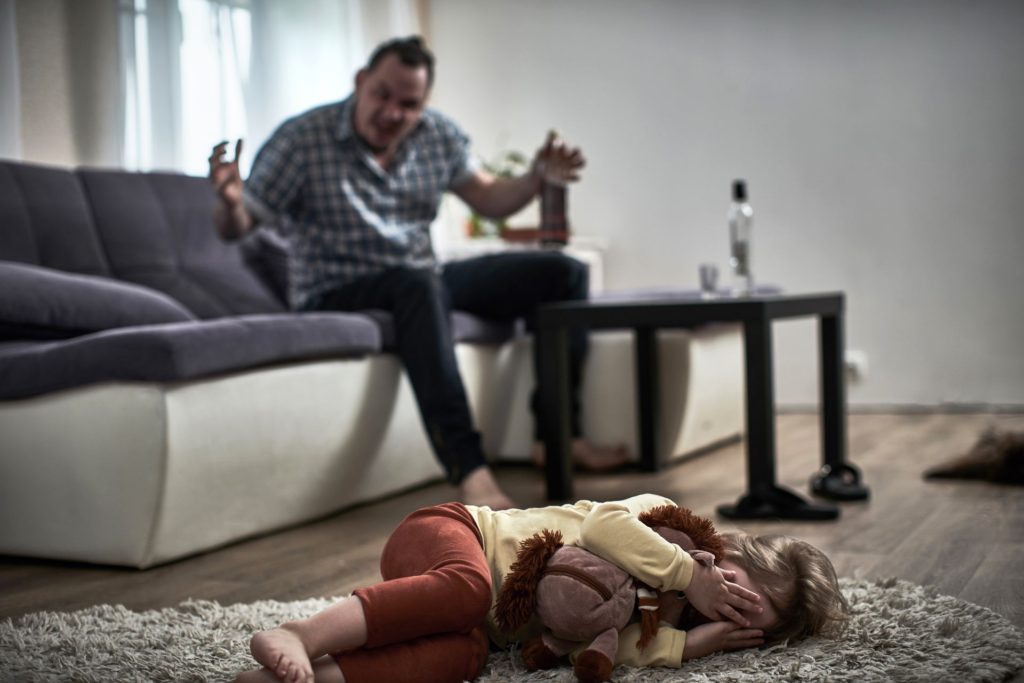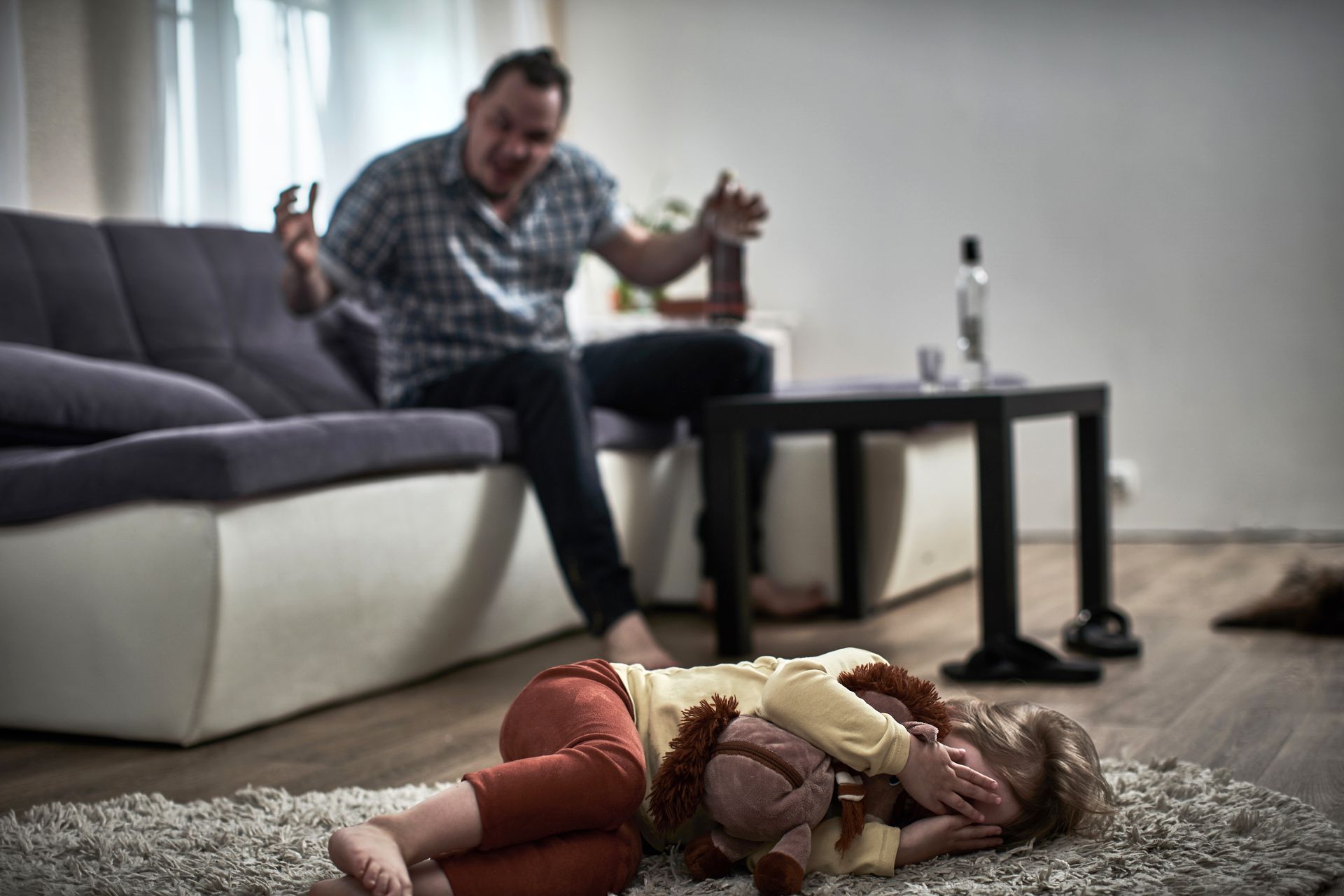Can Addicts Understand How Drug Abuse Hurts Families?

Addiction has no bounds when it comes to who is impacted. Drug abuse hurts families—not just an individual. This factor is a hard reality that many folks neglect to face until it’s too late.
Addictions have torn apart countless families, a situation that makes it crucial to seek help as soon as possible.
What defines an addict?
Addiction is a complex condition and can be very difficult to pin down. Of course, any bad habit can have inadvertent tolls on any one individual’s loved ones. But how do you know if it’s actually an addiction?
Addiction is classified as a severe substance abuse disorder. It’s a condition when individuals obsessively use a drug to a point where it impacts their well-being and takes over their lives.
Addiction impacts everyone differently. That alone makes it very hard to tell when someone is indeed suffering, even if that individual is you.
But that doesn’t mean you should refrain yourself from speaking to someone you love about a substance use issue at any point or from trying to get help as soon as possible. The use of drugs is a slippery slope, and casual use can quickly lead to an addiction. If someone shows tendencies that are concerning, you can always take the time to reach out to them about it.
The financial hardship it can have on the addict and the family.
Drug abuse can quickly lead to financial ruin. Which is one of the ways it can destroy an individual’s livelihood.
An individual who uses drugs casually may only spend $100 per month to fix. As they begin to abuse and become addicted to substances, they may start to spend thousands of dollars on drugs each month.
But a person’s income can only cover so much. And after things get out of control, addicts may begin to steal money from family members. And as their drug addiction or alcoholism worsens, the financial burden will as well.
Drug addicts may steal credit cards, personal belongings, or anything else they can sell or trade for drugs. They can also begin to drain savings accounts to fund their addiction.
It might not stop there, either. If addiction is severe enough, the user may neglect any other necessary payments or responsibilities that would interfere with their funding.
While it’s not always the case that things will spiral out of control like this, it is no stretch of the truth that a single person’s drug addiction can ruin the lives of others.
Eliminating or straining your relationships
Financial strain isn’t the only problem that families face when a member struggles with addiction. However, it can directly contribute to some of the other ways a family will suffer.
Even if it goes unsaid, loved ones are not blind to issues linked to substance use disorders. They may begin to treat the family member differently or begin to stop interacting with them all together.
The relationships can deteriorate over time on account of a few factors.
- The loss of trust: If the Addicted has stolen from, engaged in domestic violence, or committed any other harsh acts to family members, trust can be broken. Even on a good day, the other family members may refuse to engage with a person because of these things.
It doesn’t only need to be the person who was the victim of these acts; those who are aware of it may begin to pull away as well.
They may also begin to hover over the member who suffers from addiction because they cannot trust them to be alone. Of course, this is equally as harmful to the relationship as the addicts will feel like they are being treated like a child.
- Fear of losing them: Relationships may also falter because the family members are merely afraid of losing the loved one. Drug addiction and alcoholism claim thousands of lives each year, and nobody can bear the idea of losing someone they love to it.
In some instances, the reaction may be to pull away from the person to protect themselves from the potential pain it will bring.
How can I talk to a family member about addiction?
If you or a loved one suffers from an addiction, it can be hard to come right out and talk about the situation, mostly if the relationships are falling apart.
It’s important not to shy away from the problem, especially if your goal is to repair the relationship and bring your family back together.
When talking to an addict, it’s essential, to be honest, and express your feelings from a place of concern. Try to reach out to them and get your point across. As their support system, you can never abandon them, but you should let them know you disapprove of their habits. You must be encouraging, clear, and concise with your message.
As a person trying to recover from the problem, you need to understand the emotions of others. Before trying to make amends, you should have kicked the habit or enrolled yourself in a treatment program to let them know you are serious about recovery. Acknowledge the problems the addiction has caused and explain how you will make them better.
Of course, family therapy sessions can also be beneficial. This will give everyone the time they need to express their emotions and find ways to work towards a solution.

